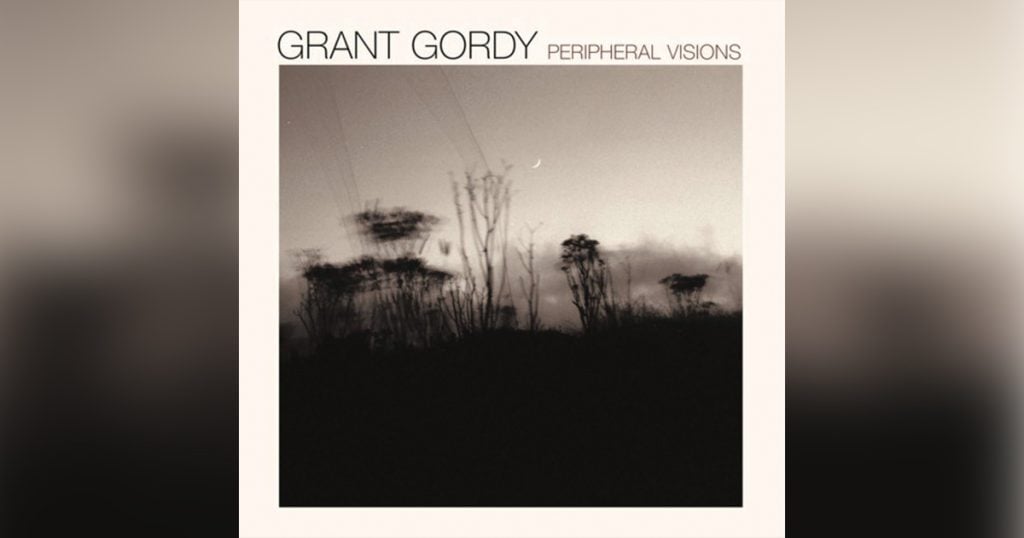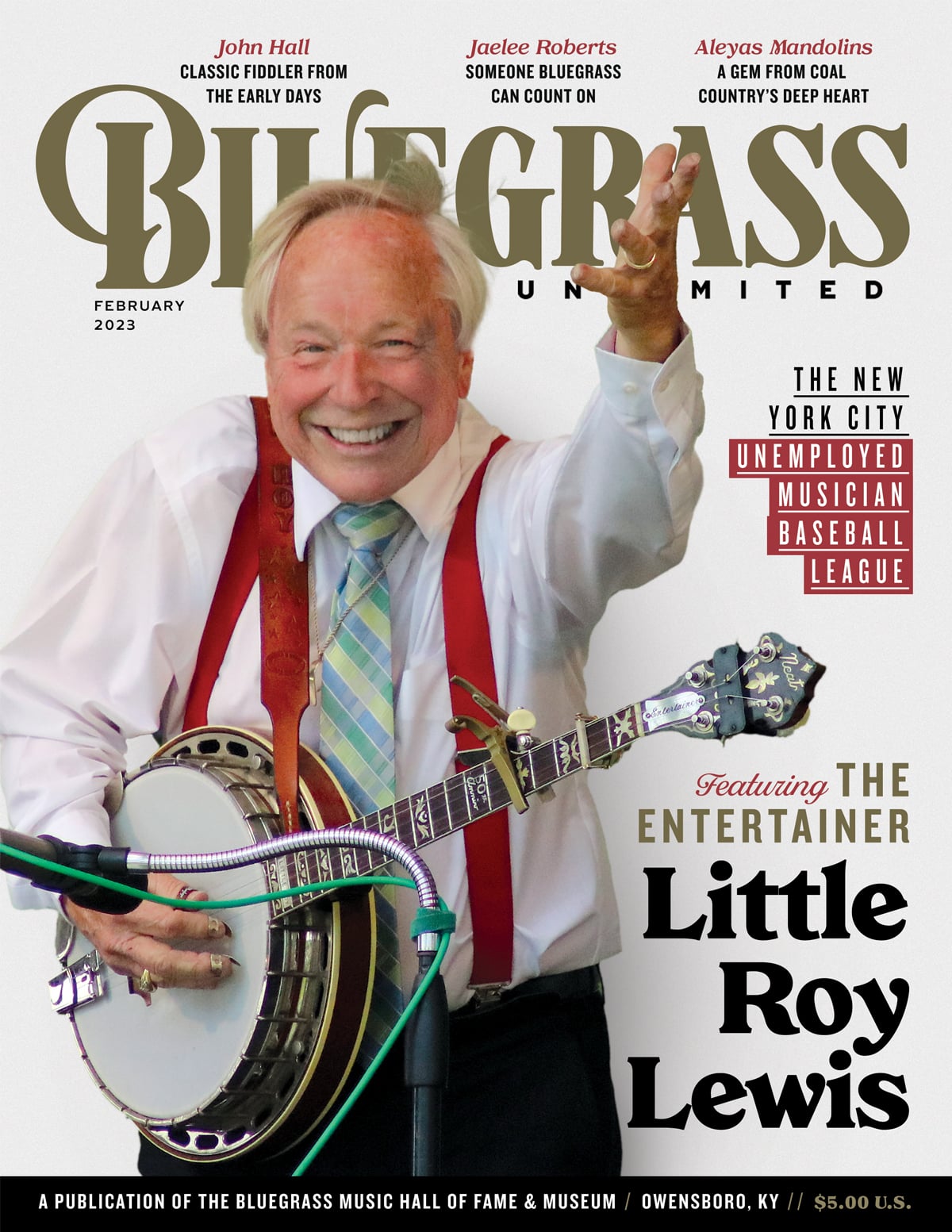Peripheral Visions
Grant Gordy is one of the leading contemporary practitioners of “Dawg Music.” “Dawg” is a style pioneered by mandolin master David Grisman back in the 1970s when he headed a quintet that featured, among others, guitarist Tony Rice and fiddle player Darrell Anger. This hybrid strain contains elements of bluegrass, gypsy jazz, bee-bop and so-called World Music.
All that said, with his vivid compositions Gordy has drawn from his influences to come up with a sound that’s very much his own. Gordy served a six-year stint as Grisman’s guitarist in the post-Rice era, and filled his predecessor’s big shoes remarkably well. Needless to say, it takes an extremely accomplished guitarist to do that. Gordy has also recorded and performed extensively with Darol Anger and has collaborated with Edgar Meyers, Tony Trishka, Joe K. Walsh and Steve Martin, among others.
This time around Gordy heads a quartet that is rounded out by Alex Hargreaves (who has backed Billy Strings) on violin (note: the credits do not read “fiddle”) Dominick Leslie (of Hawktail and the Mollie Tuttle Band) on mandolin and Aidan O’Donnell (who also performs with Gordy in a band called Mr. Sun) on bass.
Bluegrass is really a secondary element in many of these nine original Gordy instrumental compositions. Yet anyone who appreciates the instrumental virtuosity so abundant in modern bluegrass will surely be intrigued by the complexity and intensity of these vividly imagined and superbly executed explorations.
“Elegy To Tony Rice” is a meditative and moving tribute highlighted by Leslie’s plaintive violin lines and Gordy’s emphatic guitar figures. In “International Klein Blues,” the bluegrass dialectic is a little more front and center for at least part of the song.
Standouts like “Bridge And Tunnel” and “The Alben Triangle” paint vivid aural imagery of urban cityscapes alive with the buzz and hum of human activity and incessant movement.
“Espionage” and “Cloud of Witnesses” by contrast, conger eerie ambiances of cloak & dagger intrigue and mystery. Other selections, such as “To Ron” and “Journey To Minera,” convey more straightforward sentiments like tenderness and affection.
Gordy even offers us an intriguing glimpse into his ensemble’s process by including two separate versions of an outing called “Mobius.” It’s fascinating to contrast the two alternative paths that the players took in the separate takes.

